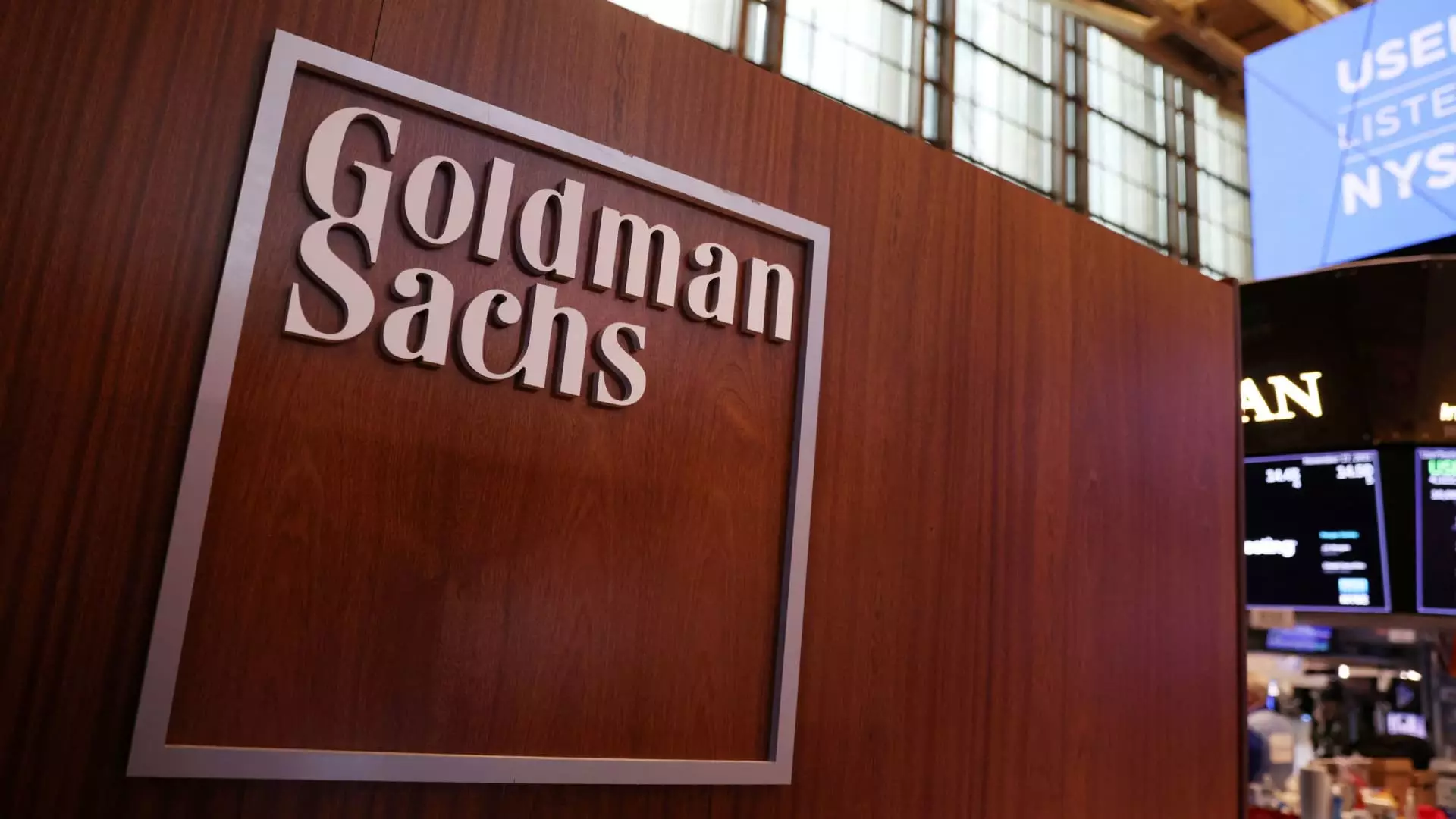The recent surge in artificial intelligence adoption within elite financial institutions is often portrayed as a monumental leap toward innovation, yet this narrative conceals underlying anxieties about the devaluation of human ingenuity. Goldman Sachs’ new AI recruit, Devin, is not merely a tool but a symbol of a broader obsession with replacing human talent with seemingly autonomous digital workers. The CEO’s glowing remarks about Devin “doing stuff on behalf of developers” imply a future where human skills are diminished, replaced by machines that promise efficiency but threaten the essence of craftsmanship in software engineering. But can machines truly replicate the nuanced problem-solving and creative thinking inherent to human engineers? The inflated claims of AI mastery obscure the fact that Devin, despite impressive demonstrations, is ultimately a reflection of data-driven patterns rather than genuine understanding. While these programs may perform routine tasks efficiently, their capacity for innovation, critical thinking, and moral judgment remains fundamentally limited. Relying heavily on AI for complex multi-step roles risks cultivating a workforce that is increasingly dependent on code generation rather than original thought, degrading the quality of work and the skills of future engineers.
The Mirage of Productivity Gains and the Cost of Overreliance
The narrative of AI dramatically boosting productivity by three to four times is seductive but dangerously misleading. The promise of augmented output serves corporate interests eager to justify automation’s disruptive march. However, this focus on efficiency often glosses over the significant costs—both tangible and intangible. As Goldman Sachs prepares to embed AI at the core of its engineering processes, it is effectively surrendering a portion of its distinctive expertise to algorithms. This can lead to a superficial increase in speed, but at what expense to the depth of understanding, oversight, and ethical safeguards? In such a high-stakes environment, a lack of human judgment can precipitate failures far more costly than labor cost savings. Furthermore, fostering a “hybrid workforce” where humans and AI operate side by side presumes an idealistic harmony that rarely materializes in practice. Human workers might find themselves relegated to overseeing machines rather than engaging in meaningful problem-solving, ultimately compromising the quality and resilience of the financial system.
Job Security in Jeopardy and the Illusion of Democratic AI
The proliferation of agentic AI like Devin inevitably fuels fears of widespread unemployment, especially within sectors historically characterized by high-skill labor, such as finance. Credible projections from analysts and industry insiders warn of potential job cuts numbering in the hundreds of thousands over the next few years. Indeed, the promise of AI automating routine and even complex tasks fosters a perception of inevitable obsolescence, eroding worker morale and fueling social anxiety. Yet, industry leaders like Argenti maintain a narrative of adaptation, emphasizing “people and AIs working side by side.” However, this discourse often veils the reality: automation’s primary intent is to reduce labor costs and increase control over the workflow. The notion that AI will be an equal collaborator, rather than a replacement, is optimistic at best and manipulative at worst. It ignores the socioeconomic consequences of displacing a highly skilled workforce and the loss of the creative and ethical dimensions that only humans can provide. As the boundaries between human labor and machine-enabled automation blur, it becomes increasingly clear that the promise of a harmonious hybrid system is, in reality, a strategic move to consolidate power and profit.
The Fallacy of Progress and the Risk of Societal Erosion
The deployment of AI programs like Devin encapsulates a broader cultural obsession with rapid technological progress—progress that, under closer scrutiny, often masks a profound erosion of human values. The faith placed in AI as a panacea for all efficiency woes overlooks its deeply problematic aspects: bias embedded in algorithms, loss of privacy, and a diminishment of the human element in critical decision-making. The tech industry’s narrative displaces caution with hubris, confidently asserting that AI’s role in code creation and decision support will lead to a utopian future. This optimism is dangerous because it neglects the moral and societal implications of automating complex human activities. We risk replacing not just jobs but also judgment, empathy, and ethical reasoning—traits that define the humane and resilient institutions we rely on. The danger lies in surrendering these qualities to machines programmed by algorithms that lack moral conscience, creating a future where efficiency is prioritized over human dignity. As AI continues to embed itself deeper into the financial world and beyond, society must question whether this relentless pursuit of automation truly serves the common good or merely furthers corporate interests under the guise of progress.

